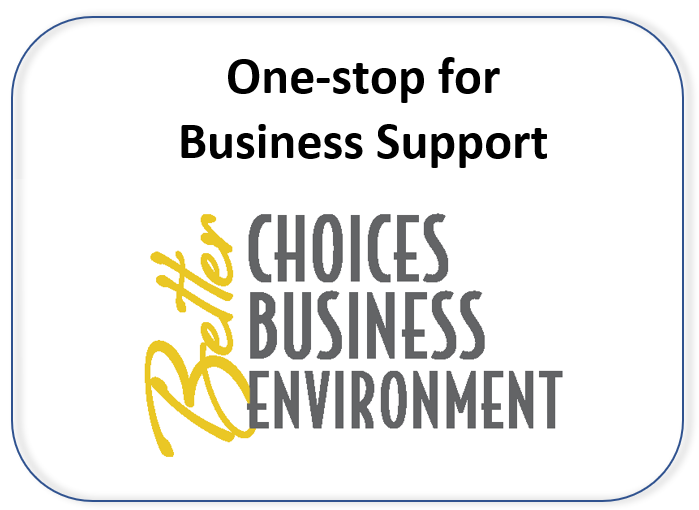Spills
It is always good to be prepared for emergencies. Are you prepared to react in the event of a discharge of a hazardous substance? The information below will help you identify ways to prevent spills from occurring and how to prepare in case they do.
- What do I do in case of a spill?
-
Spills are defined as discharges of hazardous substances that adversely impact or threaten to adversely impact, human health, welfare or the environment and require an immediate response. Many spills must be reported to DNR and require cleanup. Substances commonly subject to these requirements when spilled include petroleum, natural gas, solvents, manure and industrial or agricultural chemicals. Discharges into secondary containment structures are not considered discharges to the environment. The person who possesses or controls the hazardous substance or who causes the discharge is known as the responsible party and is responsible for notification and cleanup. The DNR has a 24-hour spill emergency hotline: 1-800-943-0003 for reporting.
Reportable spills of hazardous substances include those that:
- impact or threaten to impact human health (including evacuations);
- impact or threaten to impact the environment (including to a sanitary sewer, storm sewer or surface water);
- create a fire, explosion or safety hazard (including slippery road conditions);
- are not immediately cleaned up or evaporated; or
- exceed state or federal reportable quantities.
Once you report a spill, the DNR will notify you of any required follow-up actions. You will need to hire a consultant to investigate the contamination and perform the cleanup.
Not sure if you are required to report? Immediate Reporting Required for Hazardous Substance Spills (RR-560) can help you make a determination. Even if you are exempt from reporting, there may still be cleanup requirements! Remember, reporting a spill will not get you into trouble; however, not reporting a reportable spill will. When in doubt, report!
You may also have to report a spill to the federal government (RR-560). Visit what is a spill? and how to report a spill for details on state and federal reportable quantities.
When a spill occurs, you may want to contact a DNR spills coordinator for regulatory information and technical advice to guide you through the spill containment and cleanup process. See DNR Staff Provide Spill Response and Support (RR-559) for contact information. Mechanical and Chemical/Biological Spill Response Methods (RR-710) includes information on dealing with discharges.
- How can I prevent spills and prepare for emergencies?
-
The best way to deal with contamination is to not discharge in the first place. DNR spill coordinators can provide businesses that use hazardous substances with technical support for spill prevention and response planning. In addition, there are federal requirements regarding steps to prevent spills and prepare for emergencies.
EPA's Emergency Management Program will help you prevent, prepare for and respond to oil spills that affect inland waters of the U.S. Oil Spills provides information on the Federal Oil Pollution Prevention regulations under the Clean Water Act. See also A Facility Owner/Operator's Guide to Oil Pollution Prevention. The regulations include requirements for the development of a Spill Prevention, Control and Countermeasures (SPCC) Plan and Facility Response Plan (FRP). Facilities that store, process, refine, use or consume oil, other than oil transportation-related operations, may be affected. This rule includes regulations specific to agricultural facilities.
Wisconsin Emergency Management implements the federal Emergency Planning and Community Right-to-Know Act (EPCRA) at the state and local level. EPCRA requirements help ensure communities know about hazardous chemicals in order to prepare for emergencies. Their EPCRA booklet provides a comprehensive overview of requirements and affected facilities.
- Are there requirements specific to petroleum spills?
-
In Wisconsin, the DNR oversees the cleanup of contamination from petroleum storage tanks. Tank system owners and operators or contractors or consultants acting on their behalf, must report petroleum discharges to the DNR.
The Petroleum Environmental Cleanup Fund Award (PECFA) provides reimbursement of eligible expenses for the investigation and cleanup of petroleum contamination from product storage systems (i.e. underground and above-ground storage tanks). Note that sites must be enrolled in the PECFA program prior to July 20, 2015 to be eligible. Claims under the Petroleum Environmental Cleanup Fund Award (PECFA) program are no longer being accepted. For more information go to the PECFA webpage.
- What do farmers need to know about agricultural spills?
-
Spills of agricultural products including fertilizers, pesticides and anhydrous ammonia are regulated by the DNR and the Department of Agriculture, Trade and Consumer Protection (DATCP). DNR regulations address when a spill is reportable and outline cleanup requirements. DATCP regulations are specific to the cleanup of agricultural pesticides and commercial fertilizers from farms. Livestock Contamination Reporting and Response (RR-687) outlines information including how to prevent spills, when they need to be reported and what to do with recovered material. Manure spills response, planning and prevention has additional information specific to manure and non-manure waste and agrichemicals has resources for other types of contaminants.
The DNR has a 24-hour spill emergency hotline: 1-800-943-0003 for immediate reporting of agricultural and other spills. DNR staff will notify DATCP of any agricultural spills reported to them.
DATCP also has information available at Agrichemical Spills including information on spill prevention, reporting and cleanup.
| Additional resources |
|---|

